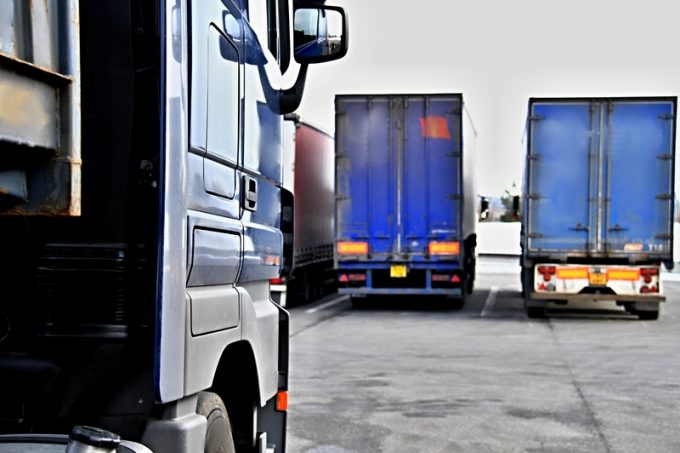Strategies to prevent your containers 'going missing'
TT Club typically focuses on cargo theft when it considers supply chain security, but there ...

The European Commission (EC) must “listen” to buyers if it is to take advantage of its new EU safe and Secure Truck Parking Areas (SSTPAs), according to TAPA.
Noting a record number of cargo thefts from trucks in Europe this year, the Transported Asset Protection Association has called on the EC to work with it.
TAPA has developed its own Parking Security Requirements (PSR), which it claims would support the development of the commission’s offering. And by working together there would be ...
Maersk u-turn as port congestion increases across Northern Europe
Maersk Air Cargo sees volumes fall as it aims for 'margin in favour of revenue'
Keep our news independent, by supporting The Loadstar
Container spot rates diverge: to Europe still falling, but firmer to the US
Hapag-Lloyd won't take bookings if port congestion leaves cargo stranded
Ecommerce likely the front-runner in resurge of transpacific trade after deal
Airfreight players eye new routes as demand on the transpacific nosedives
China-US trade tariff pause could drive a rebound for transpacific rates
Service chaos from trade ban with India a problem for Pakistan shippers
Airfreight rates ex-China 'loss-making', but hopes of a trade deal stay high
Indian coastal freight attracts major carriers, but regional tension disrupts
Serious threat to jobs in US logistics as tariffs cause economic 'stagflation'
APMM floats along on 'solid' Q1 profitability in Ocean, well prepared for choppy water
MSC in terminal switch as Nhava Sheva gets strong start to new fiscal year
White House u-turns see freighters flying but keep logistics players on their toes
Carriers impose 'emergency operation' surcharges on Pakistan cargo


Comment on this article